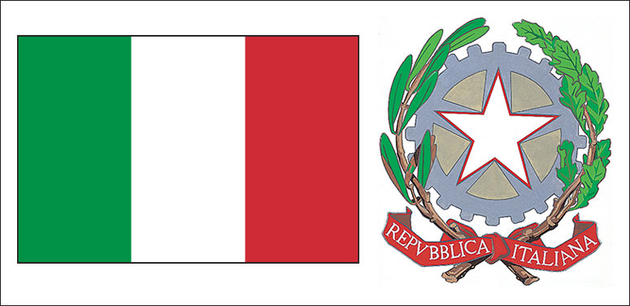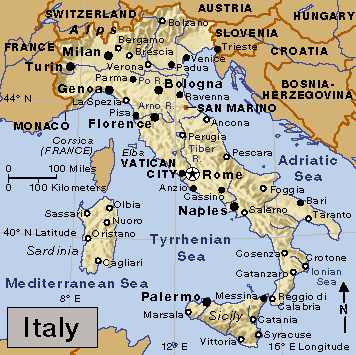

 Eugenio Montale : the poetry of the later years
by
Éanna Ó Ceallacháin
Eugenio Montale : the poetry of the later years
by
Éanna Ó Ceallacháin
 Gabriele D'Annunzio
by
John Robert Woodhouse
Gabriele D'Annunzio
by
John Robert Woodhouse
Provides thousands of biographical and critical essays on the lives, works, and careers of the world's most influential literary figures from all eras and genres. Includes the main series, documentary, and yearbook volumes.
Please see this FAQ for extra instructions about accessing Gale databases and ebooks via screen reader or keyboard navigation. For more help, please contact eproblems@utk.edu.